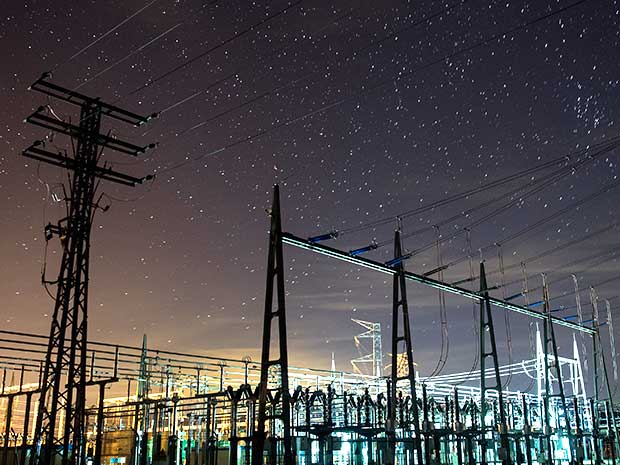FG Raises Electricity Access For 50, 900 SMEs

The Nigerian power sector, undergoing many phases, has been handled by government and by private individuals. In spite of the restructuring and multi-billion dollar investments, stable power supply has yet been a mirage with industries and enterprises as the worst hit.
To provide succor to some business categories, the federal government’s Rural Electrification Agency (REA) initiated a project christened: Energizing Economies Initiative (EEI), which is meant to give stable and affordable electricity to some clusters of Small and Medium Scale Enterprises (SMEs) with about 50,900 shop owners as beneficiaries across markets in Kano and a trio of other prime locations.
According to SMEDAN, there are about 37 million MSMEs in Nigeria, of which 98 percent are in the micro business category. Nevertheless, the larger number of them is struggling with high energy cost and the instability of power to drive steady production. The Association of Public Policy Analysis (APPA), lately analyzed and noted that the impact of the EEI of REA under the supervision of the Minister of Power, Works, and Housing.
The National President of APPA, Comrade Princewill Okorie, said the enhanced power service is significant. He said that the minister, Babatunde Fashola had on July 9 complained that small businesses that need the littlest amount of power are not getting enough because the Distribution Companies (DisCos) cannot take the power to them.
According to a report in 2018, REA conducted a baseline survey and energy audit in September 2017 across four business clusters: Ariaria Market in Abia State, Sabon Gari Market in Kano State, Somolu Printing Community and Sura Shopping Complex in Lagos State. The report of the survey showed that the agency was installing solar power in the Kano market and gas-based technology in the three other economic clusters.
According to REA, more than 50,900 shops and a customer base of over 2 million Nigerians would benefit from the projects. The total energy demand for all 50,900 shops was 36.27MW, with Somolu having the highest demand of 32MW and Sura Shopping Complex having the lowest demand of 0.83MW.
According to Comrade Okorie’s analysis, the EEI targeted a total of 15 markets which if successfully implemented would provide electricity to 85,485 shops, empower 205,000 SMEs and create 2,000 jobs during the installation and afterwards in operations and maintenance. She also said that Section 33 of the Electric Power Sector Reform Act of 2005 (EPSRA) empowered the minister to issue general policy directions to the Nigerian Electricity Regulatory Commission (NERC) on matters that concern electricity.
Okorie also disclosed that the initiative would reduce expenditures made by entrepreneurs to procure power to enhance their productivity as Nigerians spent more than NGN 796.4 Bn on generator fuel in 2016 alone, with another NGN 813 Bn spent annually to buy generators. According to him, the funds will be conserved and channeled to other useful ventures by the entrepreneurs, noting that the full implementation would do well to scale up performance of SMEs who were at the lest ebb of economic activity in their respective communities.